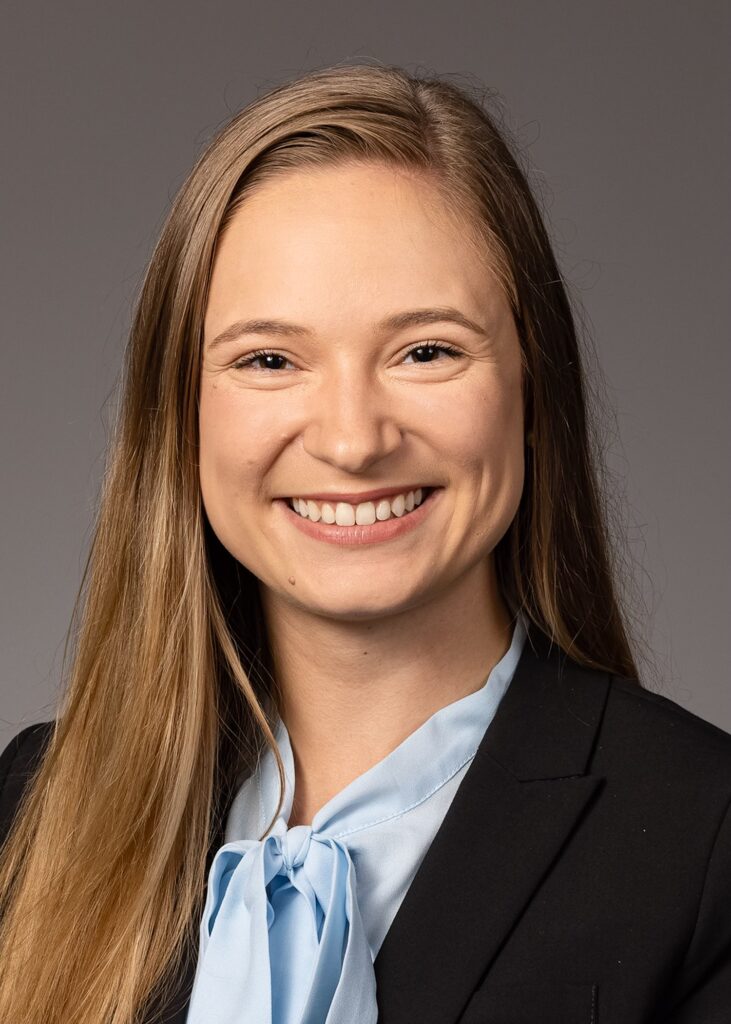April 23, 2025. The Daily Reflector. By Taylor Stamey.

Imagine: You have just had an abdominal surgery, and your doctor recommends home health services and weekly follow-ups. You leave the hospital to stay in a shelter, as you don’t have a home; however, the shelter is only open at night. Where do you receive your home health services? How do you get to your appointments? How do you heal?
Unfortunately, this is the situation that many patients find themselves in. However, it can be mitigated by the establishment of medical respites.
As a medical student, I have seen many patients like the one described above: People with a lack of safe place for discharge, people who don’t have access to the recommended care services, people who can’t attend their follow-up appointments. Medical respites seek to alleviate some of these burdens.
A medical respite, as defined by the National Healthcare for the Homeless Council, is acute and post-acute care for persons experiencing homelessness who are too ill or frail to recover from a physical illness or injury on the streets but are not ill enough to be in a hospital. Respites provide shelter and resources for medically fragile people experiencing homelessness.
With more than half a million people in the U.S. experiencing homelessness, there is a substantial need for assistance. People experiencing homelessness incur higher rates of acute and chronic illnesses, as their lack of stable shelter, food, transportation and health insurance puts them at higher risk of disease. With this need identified, medical respites have been opening all across the U.S.
Somerset Court of Rocky Mount is one such assisted living facility that offers respite, or a temporary stay. The respite services allow medically fragile people experiencing homelessness to stay at the facility during the day. The facility provides space to receive home health services and recover. It also provides transportation to and from any medical appointments.
Several studies have demonstrated the benefits of medical respites. They save hospitals money by reducing length of stay. This is also beneficial for patients, as longer hospital stays can lead to increased risk of infection and iatrogenic harm. They also lead to decreased emergency department recidivism, which benefits both the hospital and the patient.
One study found that medical respites reduce medical system charges for its patients by 48.6%. More studies should be conducted to quantify the effect respites have on the homeless population rather than focusing on their economic benefits.If you feel that your community could benefit from a medical respite, a great first step is to read the resources provided by the National Healthcare for the Homeless Council. Talk to your local homeless shelter to determine the needs they have identified from the community. Seek input from the homeless community.
Funding can be sought from your local government, hospitals and grants. Medical respites are being established rapidly around the country because of the benefits they have on the homeless population and local medical systems. A respite could be a great addition to your community.
Taylor Stamey is a fourth-year student in the ECU Brody School of Medicine and an ECU Health Schweitzer Fellow. The opinions expressed are the author’s own.
